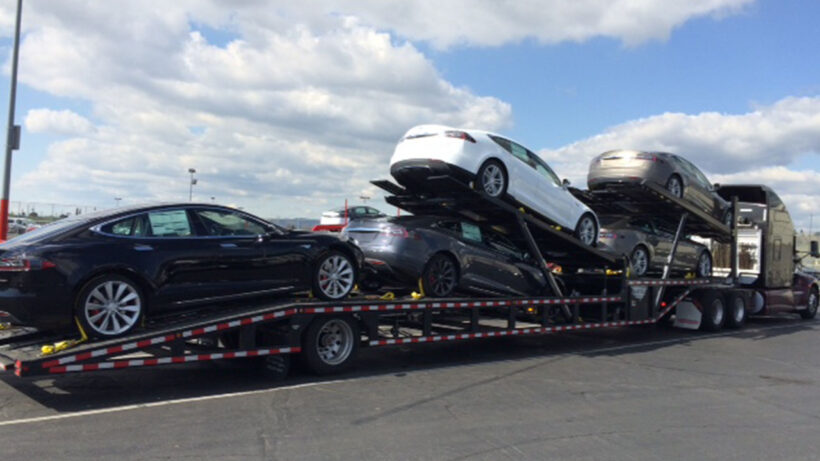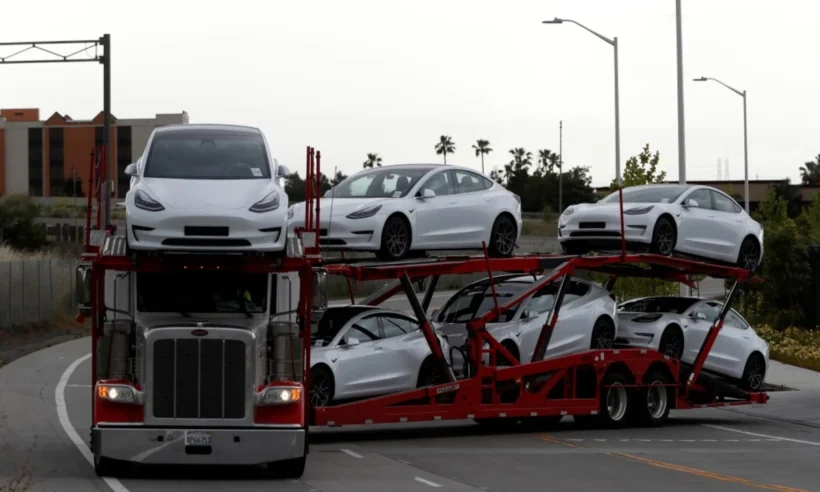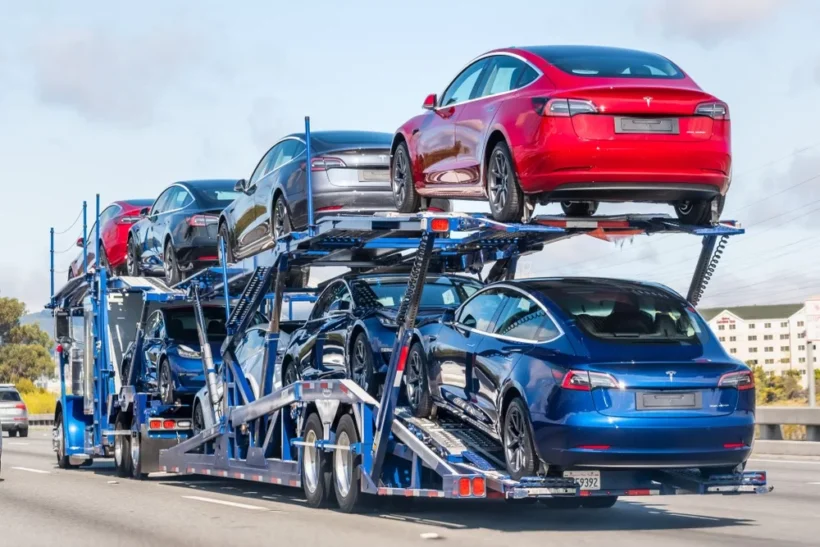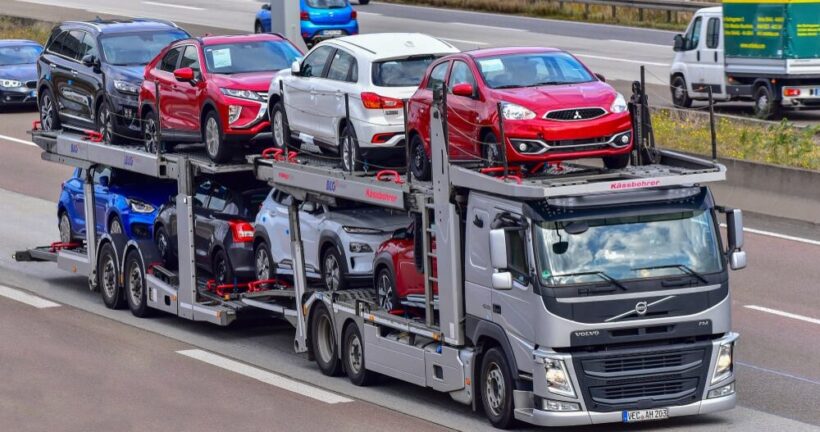The world of trailers is vast and diverse, ranging from enclosed car trailers and cargo trailers to custom-built models designed for specific needs. Choosing the right one can be a daunting task, especially for first-time buyers.
This comprehensive guide aims to help you navigate these choices, considering various key factors such as the type of cargo, vehicle towing capacity, and the distance of travel. Let’s dive in!
Understanding Different Trailer Types
Trailers come in a wide variety of types and styles, each designed for a specific purpose or range of uses. Here are a few common types:
Enclosed Trailers: These trailers have a fully enclosed structure that protects cargo from the elements and theft. They are versatile and can be used for a range of purposes, from hauling goods to serving as mobile workspaces or living quarters.
Open Trailers: Open trailers, such as flatbed or utility trailers, are ideal for hauling larger items that don’t require protection from the elements, such as landscaping equipment or construction materials.
Specialty Trailers: There are many specialized trailers designed for specific uses, such as horse trailers, motorcycle trailers, or car haulers. These are tailored to the unique needs of these applications, providing specialized features for safety and convenience.
Living Quarters Trailers: These trailers come equipped with living spaces, ideal for long-distance travels or camping trips. They can range from basic setups with sleeping areas to full-blown mobile homes with kitchens, bathrooms, and more.
Understanding Your Needs

The first step in choosing the right trailer is understanding your needs. What will the trailer be used for? Will it be for personal or commercial use? Are you transporting goods, vehicles, or intending to use it as a mobile home? The intended use will largely dictate the type of trailer suitable for you.
Vehicle Towing Capacity
Your towing vehicle’s capacity is a crucial factor in determining the type and size of the trailer you can safely tow. Before purchasing a trailer, check the towing capacity of your vehicle, which is typically listed in your vehicle’s manual or can be found online. Remember, the towing capacity must exceed the combined weight of the trailer and the cargo you plan to carry.
Size of the Trailer
Trailer sizes vary greatly, and choosing the right one is vital for safe and efficient transportation. Consider the size of your cargo and ensure the trailer can accommodate it. However, keep in mind that a larger trailer might be more challenging to maneuver and require more storage space.
Distance of Travel

The distance and conditions of your intended travel should also influence your trailer selection. For long-distance, you might prefer a trailer with advanced suspension systems for a smoother ride. If you’re going to travel through bad weather conditions, an enclosed trailer would provide better protection for your cargo.
Construction and Durability
The construction material of the trailer can affect its durability, weight, and overall performance. Steel trailers are sturdy and less expensive, but they are heavier and more prone to rust. Aluminum trailers are lighter and resistant to rust, but they are typically more expensive.
Additional Features
Consider any additional features you may require. Do you need a trailer with a ramp for easy loading and unloading? Would you benefit from a trailer with built-in compartments for better organization? The customization level may vary between manufacturers, but understanding your needs will help narrow down your options.
Millennium Trailers are the famous distributor of stacker car and enclosed trailer. You will get a full range of quality stackers and enclosed trailers from them at discounted prices. They also offer customised recreational vehicles as per an individual’s requirements.
Budget
Your budget is an essential factor. While it’s important to find a trailer that meets your needs, it’s equally crucial that it fits within your financial limits. Keep in mind that purchasing a trailer is an investment. Sometimes, paying a bit more for a trailer with better build quality and features could save you money on repairs and replacements in the long run.
Maintenance and Storage

Another aspect to consider when choosing a trailer is the maintenance and storage it would require. All trailers need regular upkeep to stay in good condition and function optimally. This might involve routine checks and replacements of tires, brakes, and lights, as well as general cleaning and rust prevention measures.
In terms of storage, you’ll need a secure place to store your trailer when it’s not in use. Larger trailers will require more space, and depending on your local zoning laws, it may not be permissible to store large trailers in certain residential areas.
Insurance
Don’t forget to consider the insurance implications of your trailer purchase. Depending on its size, type, and intended use, insurance costs can vary. It’s always a good idea to reach out to your insurance provider to get a sense of what kind of coverage you might need and how much it will cost.
Conclusion
With careful consideration of these factors, you can make an informed decision when selecting the right trailer for your needs. Remember, it’s not just about finding a trailer that can accommodate your cargo and fit your budget. You also need to think about the long-term implications, including maintenance, storage, legal restrictions, and insurance. With these factors in mind, you’ll be better prepared to find a trailer that suits your needs and provides you with years of reliable service.


